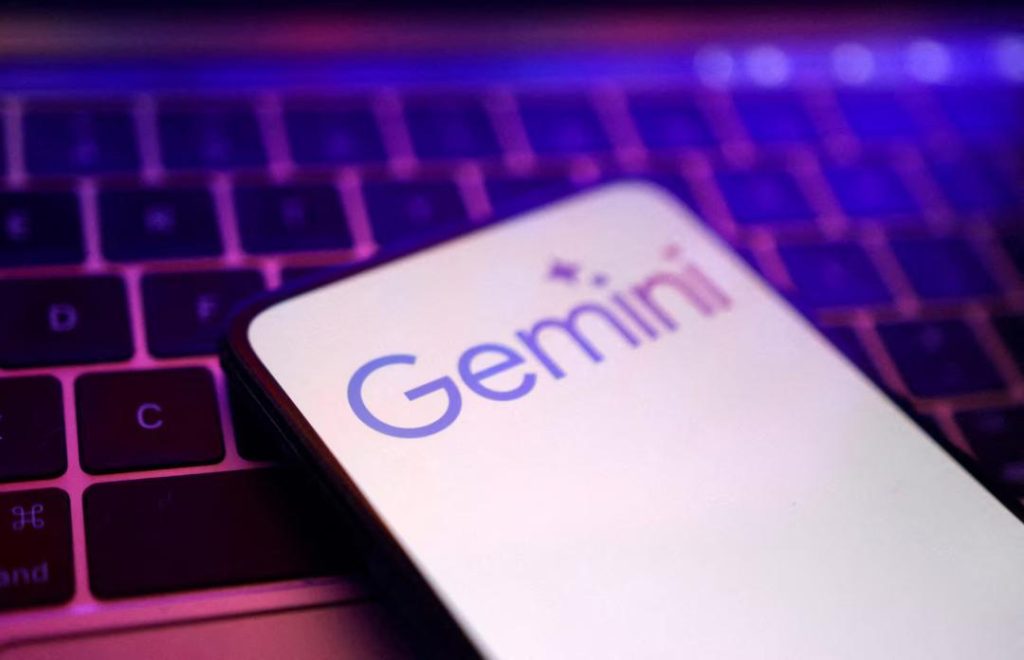
Google Pays Samsung Enormous Sum to Preinstall Gemini, Court Hears
In a shocking revelation, a Google executive has testified in a US court that the tech giant pays Samsung “an enormous sum of money” every month to pre-install its Gemini AI on Samsung devices. The testimony was part of the US Justice Department’s antitrust case against Google, which is seeking to impose strict penalties on the company for its alleged anti-competitive practices.
According to the testimony, Google parent Alphabet started paying Samsung in January to pre-install Gemini AI on its devices. The exact amount of the monthly payment was not disclosed, but it is reportedly a significant sum. The deal was reportedly struck to ensure that Samsung devices come with Gemini AI pre-installed, giving Google an advantage over its competitors.
Gemini AI is a virtual assistant developed by Google, which is designed to compete with Amazon’s Alexa and Apple’s Siri. The AI-powered assistant is capable of performing various tasks, including setting reminders, sending messages, and making phone calls.
The revelation has raised concerns about Google’s dominance in the tech industry and its ability to use its vast resources to influence the market. Critics argue that Google’s deal with Samsung is a classic example of anti-competitive behavior, where the company uses its financial muscle to stifle competition and maintain its market share.
The US Justice Department’s antitrust case against Google is focused on the company’s alleged anti-competitive practices in the digital advertising and search markets. The case is seeking to prove that Google has abused its dominant position in these markets to crush competition and stifle innovation.
The testimony by Google executive Peter Fitzgerald comes at a critical time in the case, as the US Justice Department is seeking to impose stiff penalties on Google to prevent it from continuing its alleged anti-competitive practices. The exact penalties being sought by the government are not yet clear, but they could include fines, divestiture of certain assets, and other forms of relief.
The news has sent shockwaves through the tech industry, with many analysts and experts weighing in on the implications of the deal. Some have argued that the deal is a classic example of Google’s ability to use its financial resources to buy its way to the top, while others have pointed out that the deal is a sign of the company’s willingness to do whatever it takes to maintain its market share.
The deal has also raised concerns about the impact on consumers, who may be forced to use Google’s Gemini AI on their devices even if they prefer other virtual assistants. Critics argue that the deal is a form of “tied selling,” where Google is using its financial muscle to tie the sale of its devices to the sale of its Gemini AI.
In a statement, Google denied any wrongdoing and argued that its deal with Samsung is a normal business arrangement. “We work with many partners to offer our services and products, and our agreement with Samsung is a normal and common business arrangement,” a Google spokesperson said.
The case is set to go to trial in the coming months, with many experts predicting that the outcome will have significant implications for the tech industry. Whether or not Google is found guilty of anti-competitive behavior remains to be seen, but the revelation is sure to send shockwaves through the industry and raise important questions about the company’s business practices.






